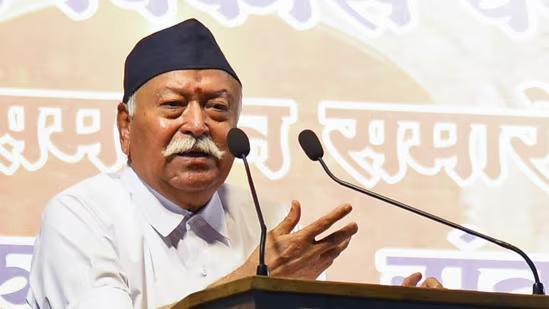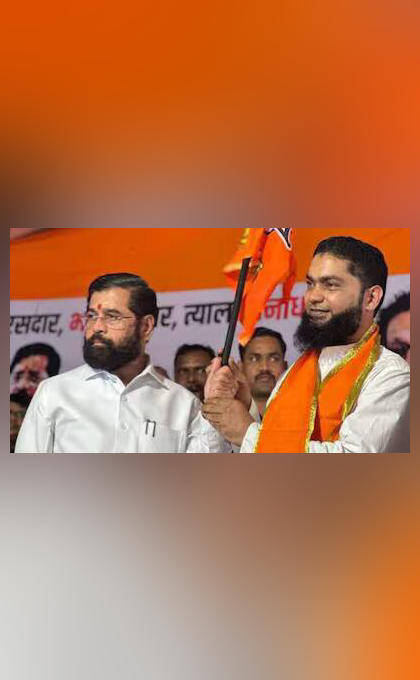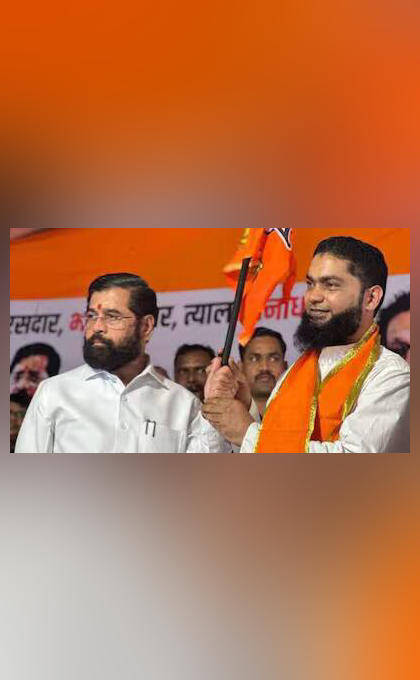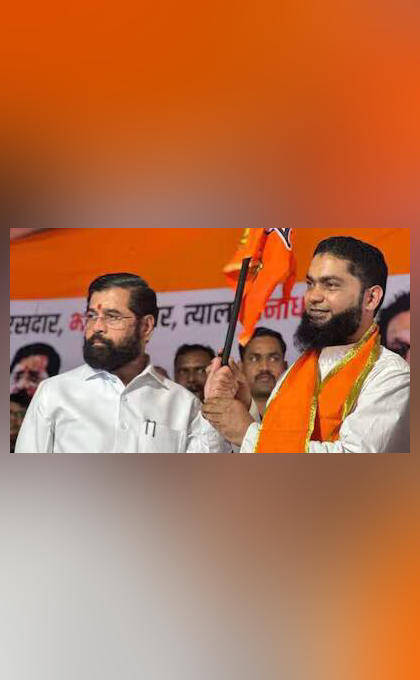
Muslims & Christians are also Hindus if they follow Indian culture: RSS chief Bhagwat
In a recent statement, Rashtriya Swayamsevak Sangh (RSS) chief Mohan Bhagwat has sparked a debate by redefining the term “Hindu”. According to Bhagwat, anyone who takes pride in Bharat, or India, and follows Indian culture, can be considered a Hindu. This statement has far-reaching implications, as it challenges the traditional understanding of Hinduism as a religion and expands its definition to encompass a broader cultural identity.
Bhagwat’s statement was made during a speech, where he emphasized that the term “Hindu” is not limited to a specific religion or community. He said, “If Muslims and Christians, even without giving up their worship, customs and traditions, worship this country, follow Indian culture…then they are Hindus.” This statement suggests that Bhagwat views Hinduism as a cultural and national identity, rather than a strictly religious one.
By making this statement, Bhagwat is attempting to promote a sense of unity and inclusivity among Indians, regardless of their religious affiliations. He is emphasizing that India’s diversity is a strength, and that people from different religious backgrounds can come together under the umbrella of Indian culture. This message is particularly significant in today’s India, where communal tensions and divisions often dominate the headlines.
Bhagwat’s statement also reflects the RSS’s long-held vision of a “Hindu Rashtra”, or a Hindu nation. However, he clarified that India does not need an official label to be a ‘Hindu Rashtra’, because its civilization already reflects it. This statement suggests that Bhagwat believes India’s cultural heritage and values are already rooted in Hinduism, and that this is what defines the nation, rather than any official designation.
The implications of Bhagwat’s statement are significant. If we accept his definition of Hinduism as a cultural and national identity, rather than a strictly religious one, it could help to promote a sense of unity and inclusivity among Indians. It could also help to challenge the traditional divides between different religious communities, and promote a more nuanced understanding of Indian culture and identity.
However, Bhagwat’s statement has also been met with criticism and skepticism from some quarters. Some have argued that his definition of Hinduism is too broad, and that it ignores the significant cultural and religious differences between different communities in India. Others have pointed out that Bhagwat’s statement could be seen as an attempt to impose a Hindu dominance over other religious minorities in India.
Despite these criticisms, Bhagwat’s statement reflects a significant shift in the way that Hinduism is being redefined and reimagined in modern India. As the country continues to grapple with issues of identity, culture, and nationalism, Bhagwat’s statement is likely to spark a lively debate about the meaning and significance of Hinduism in contemporary India.
In conclusion, RSS chief Mohan Bhagwat’s statement that Muslims and Christians can be considered Hindus if they follow Indian culture, reflects a broader attempt to redefine Hinduism as a cultural and national identity, rather than a strictly religious one. While this statement has sparked controversy and debate, it also reflects a significant shift in the way that Hinduism is being reimagined in modern India. As the country continues to evolve and grow, it will be interesting to see how Bhagwat’s statement is received and interpreted by different communities and individuals across India.





